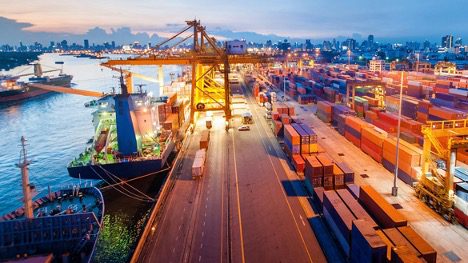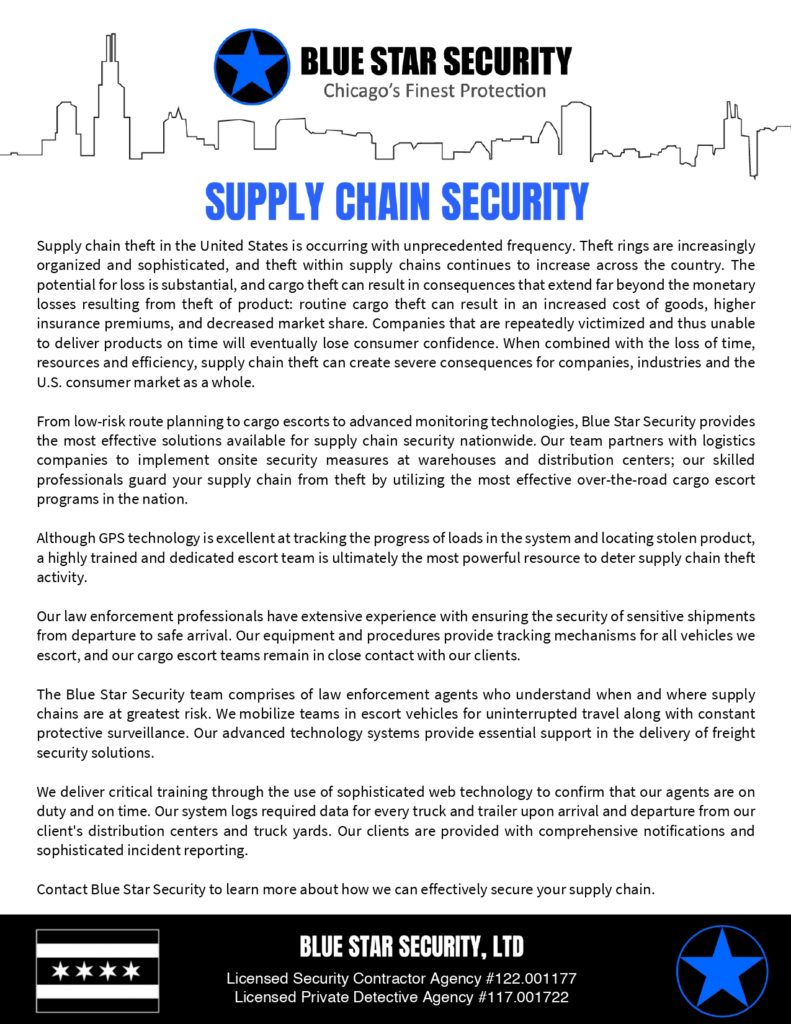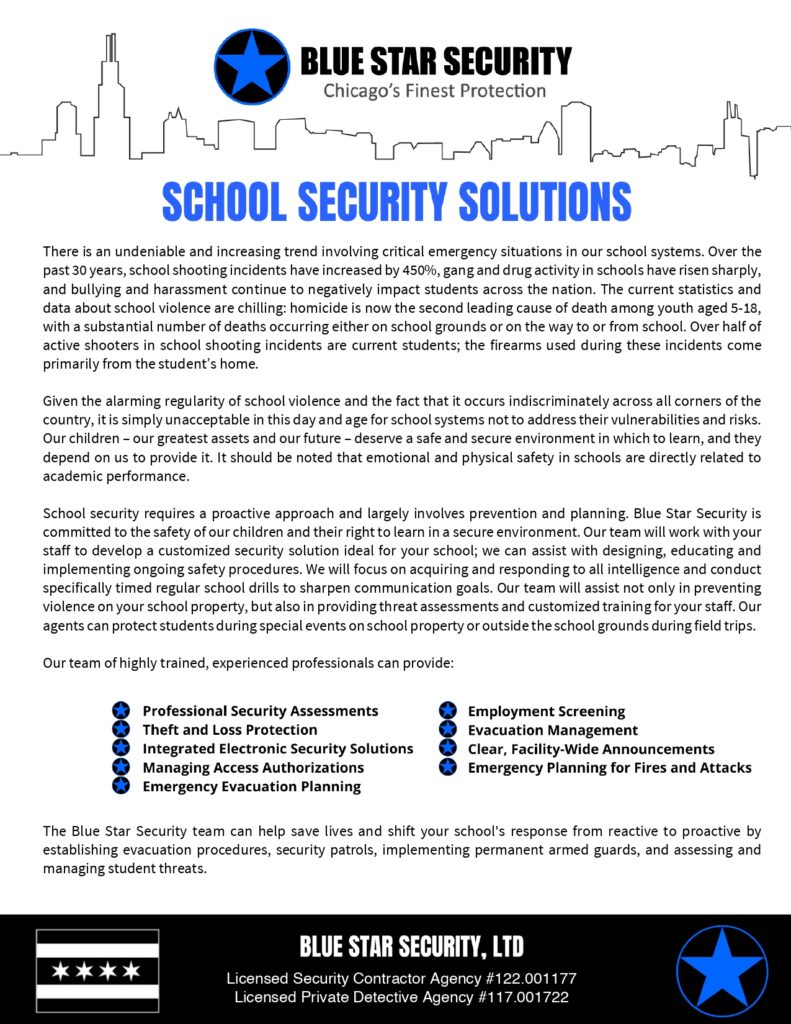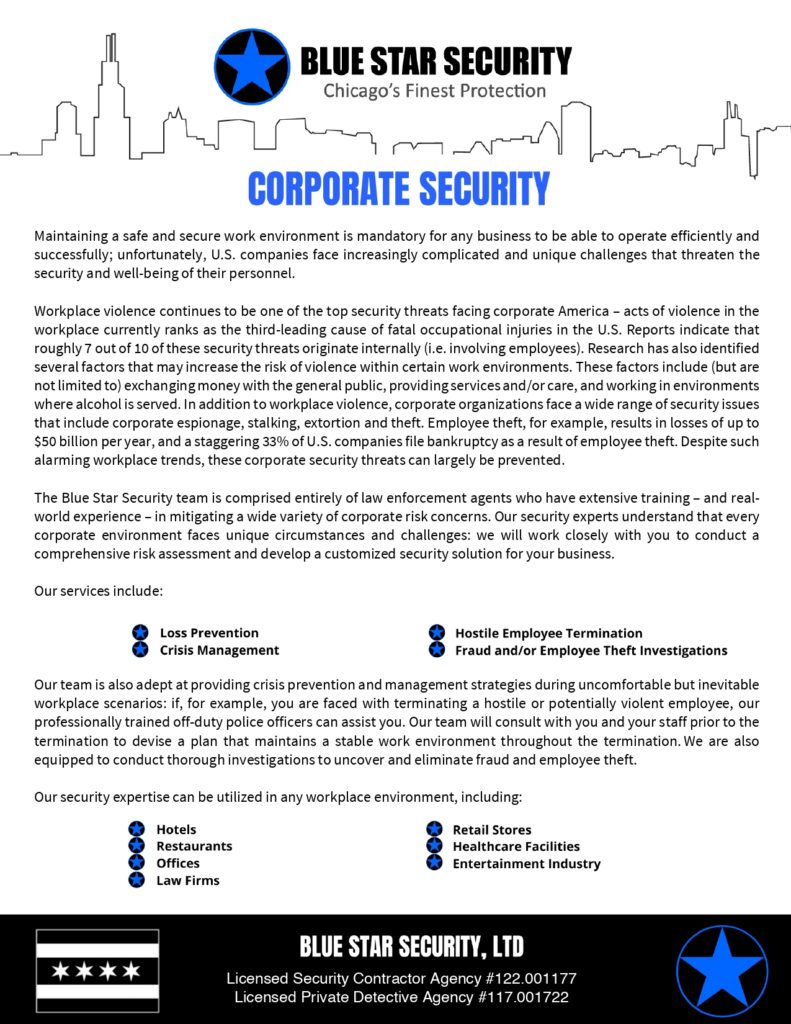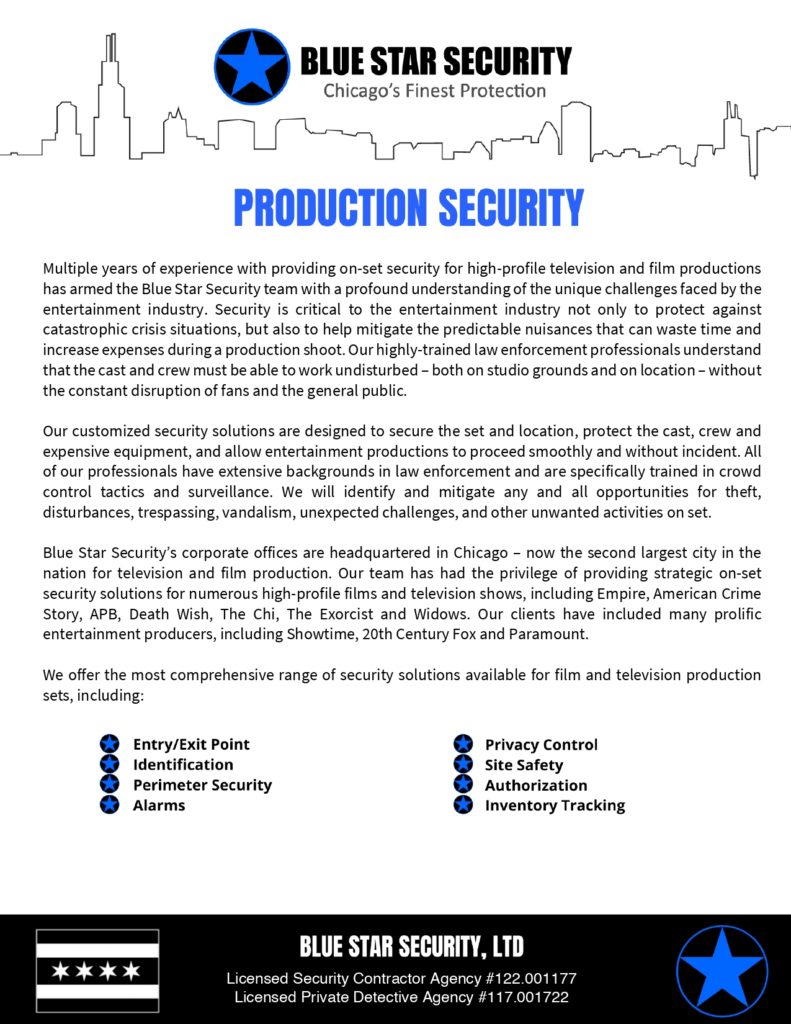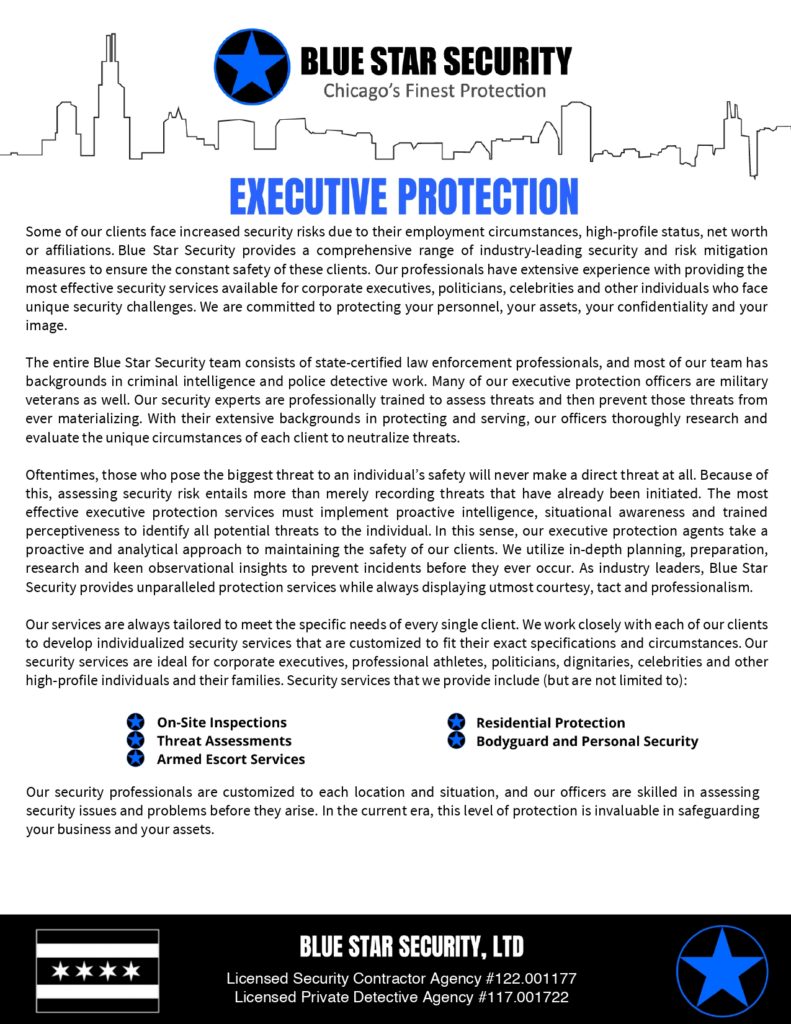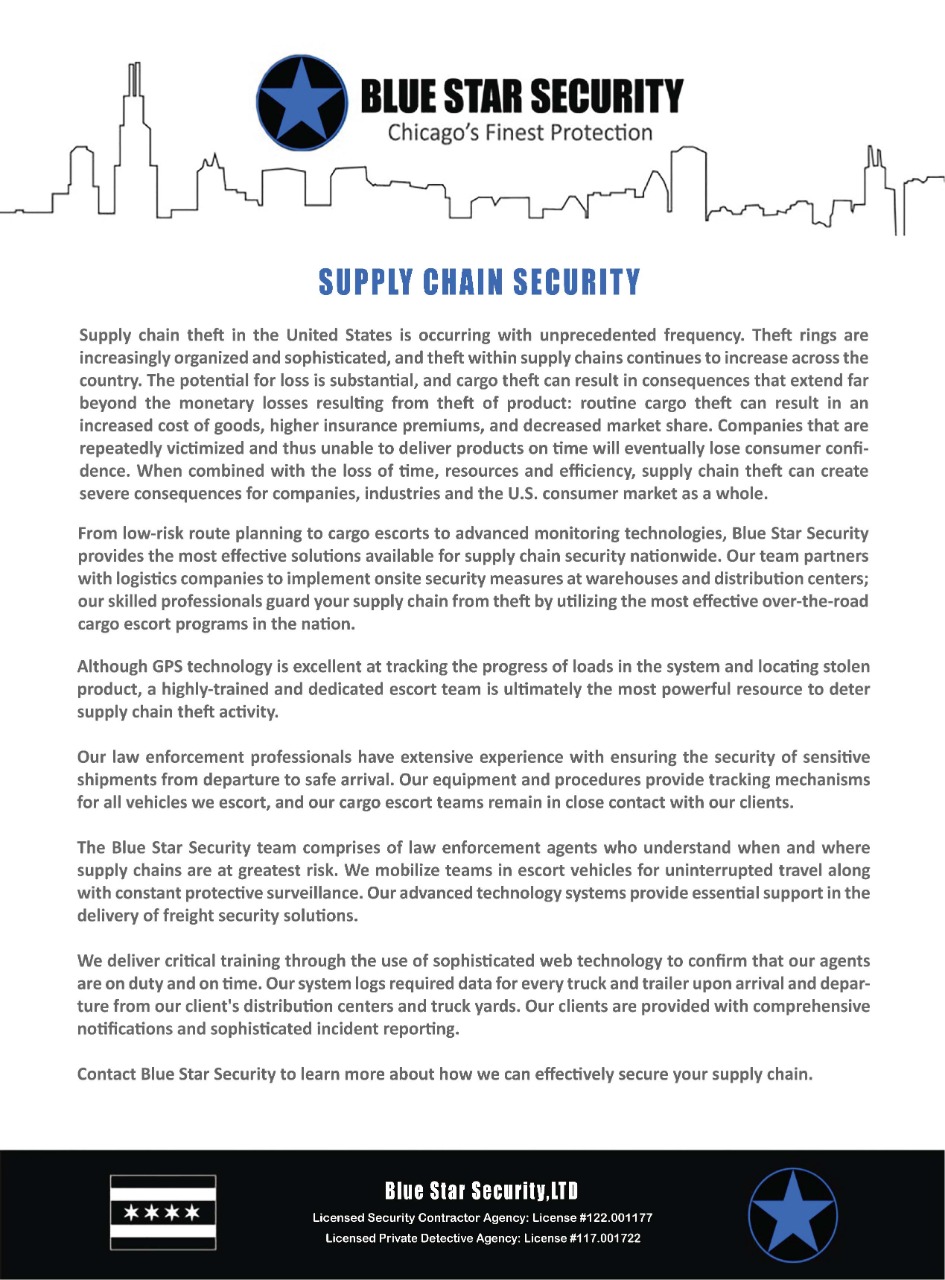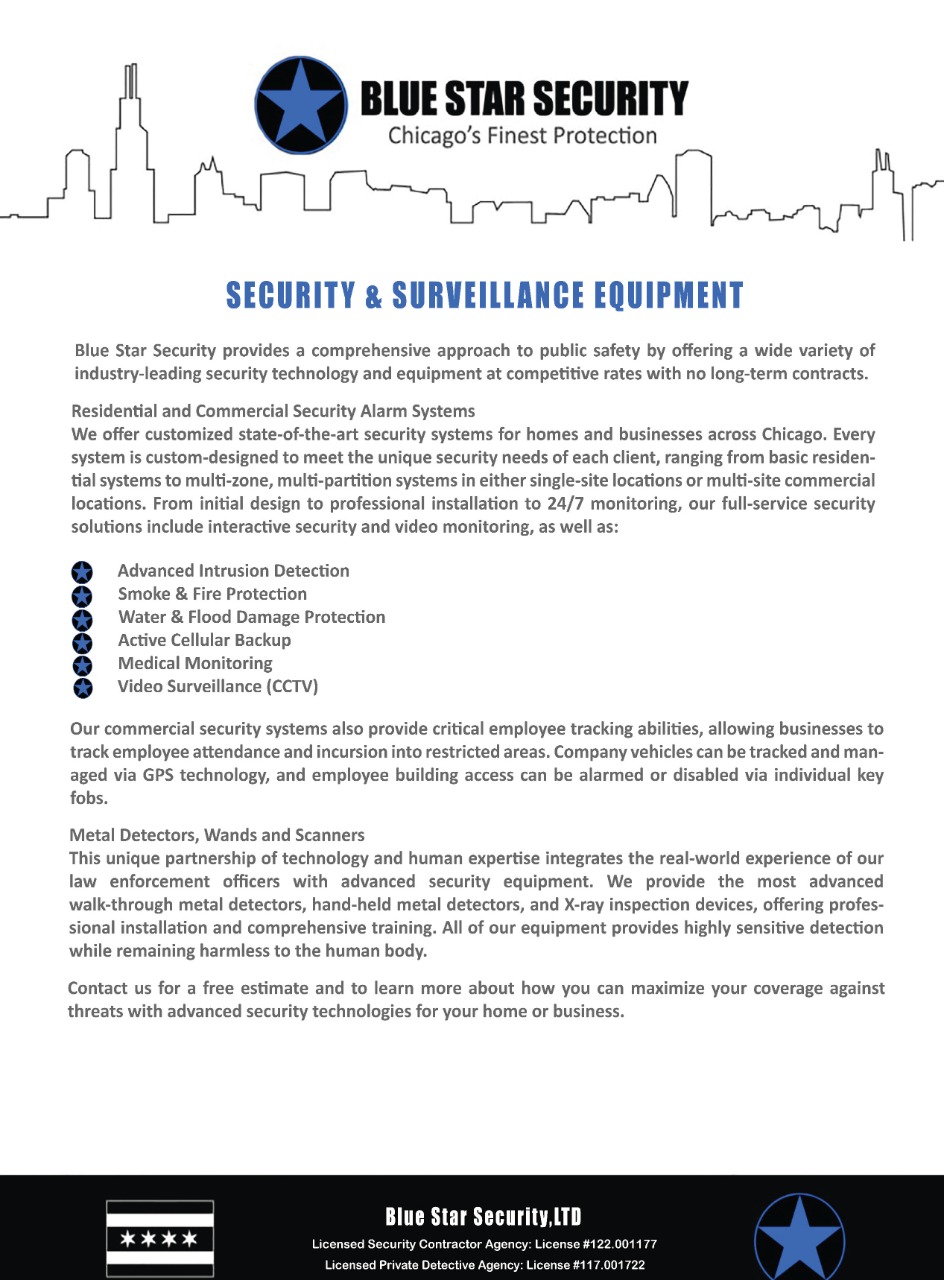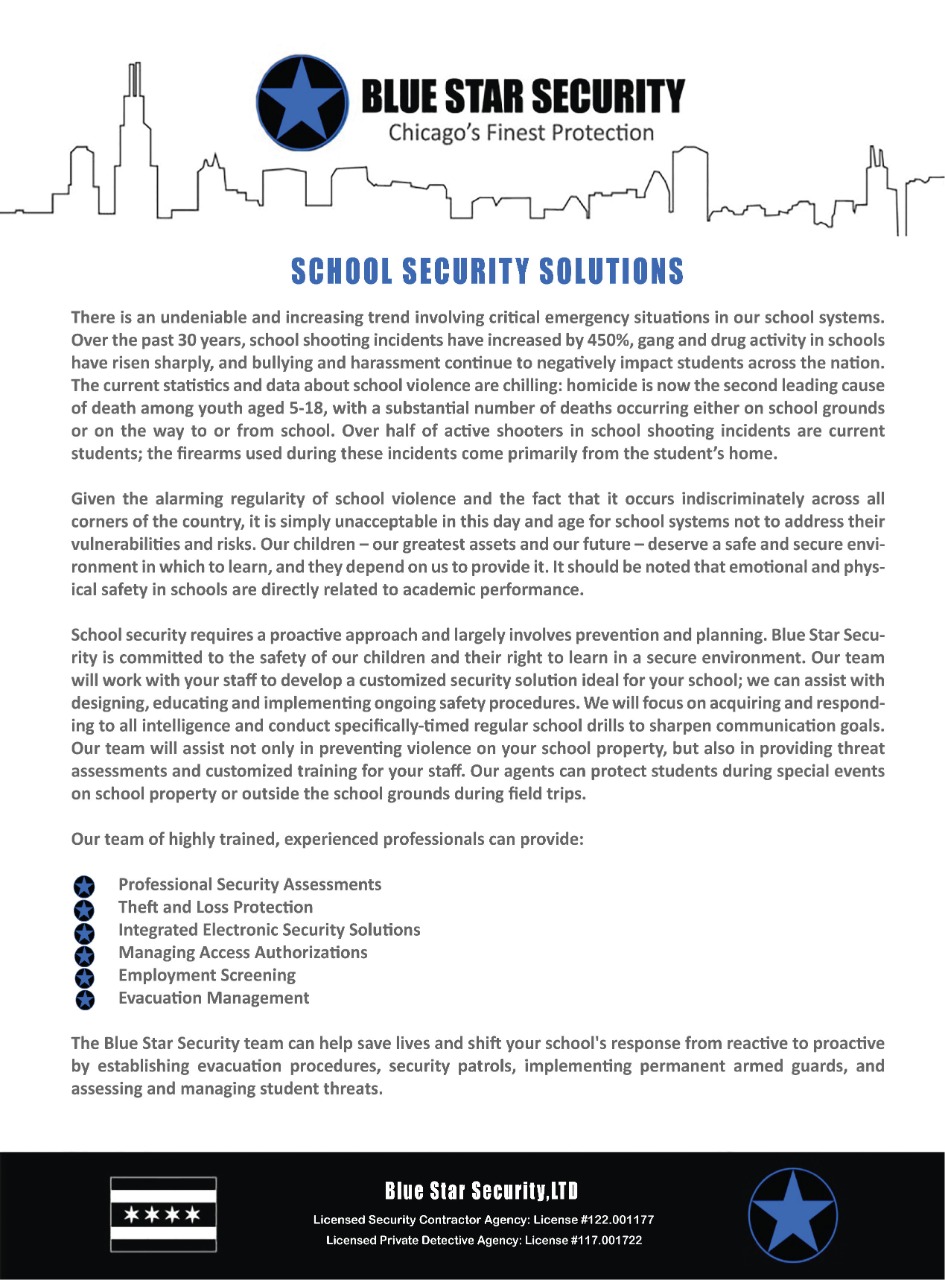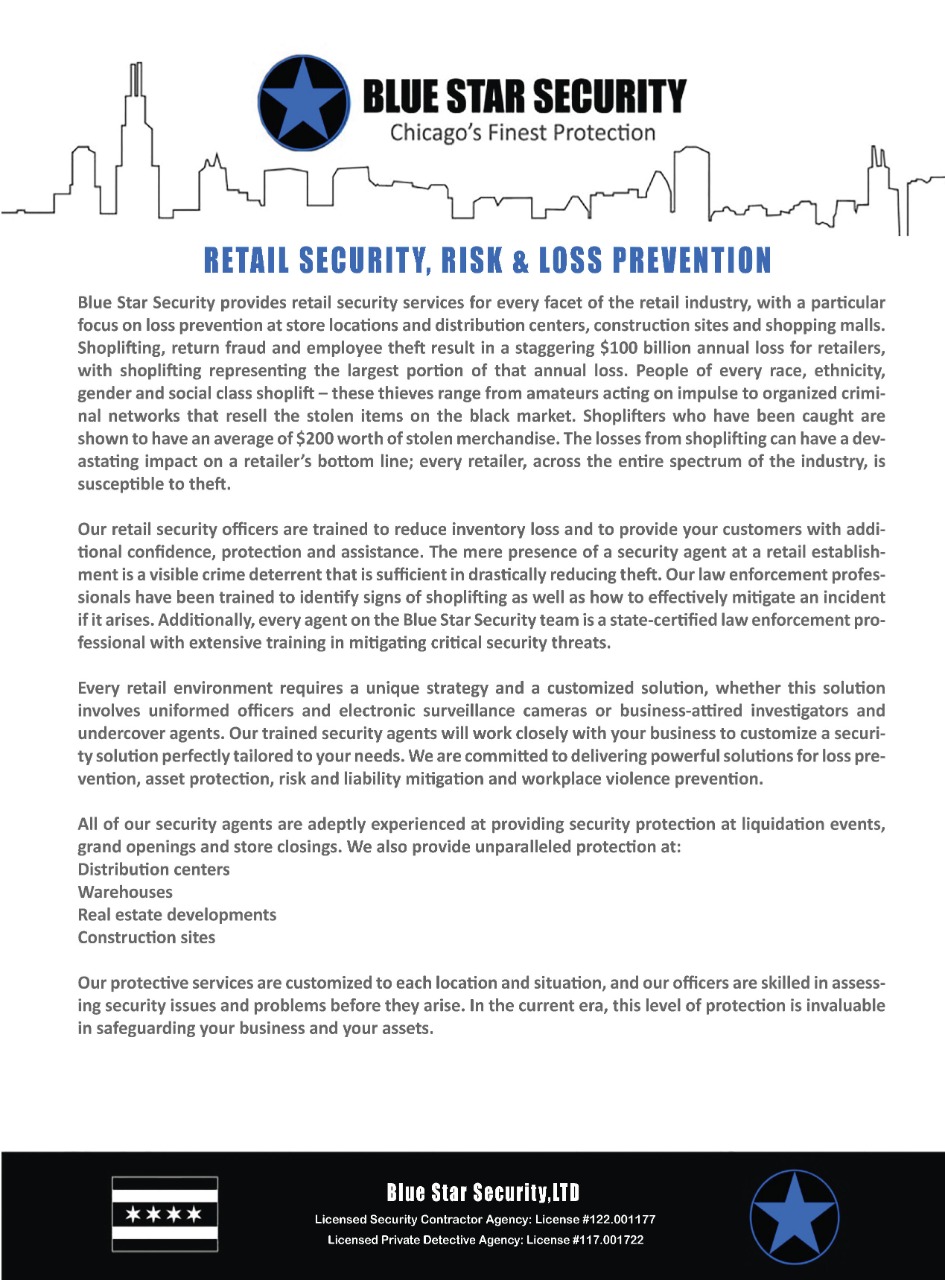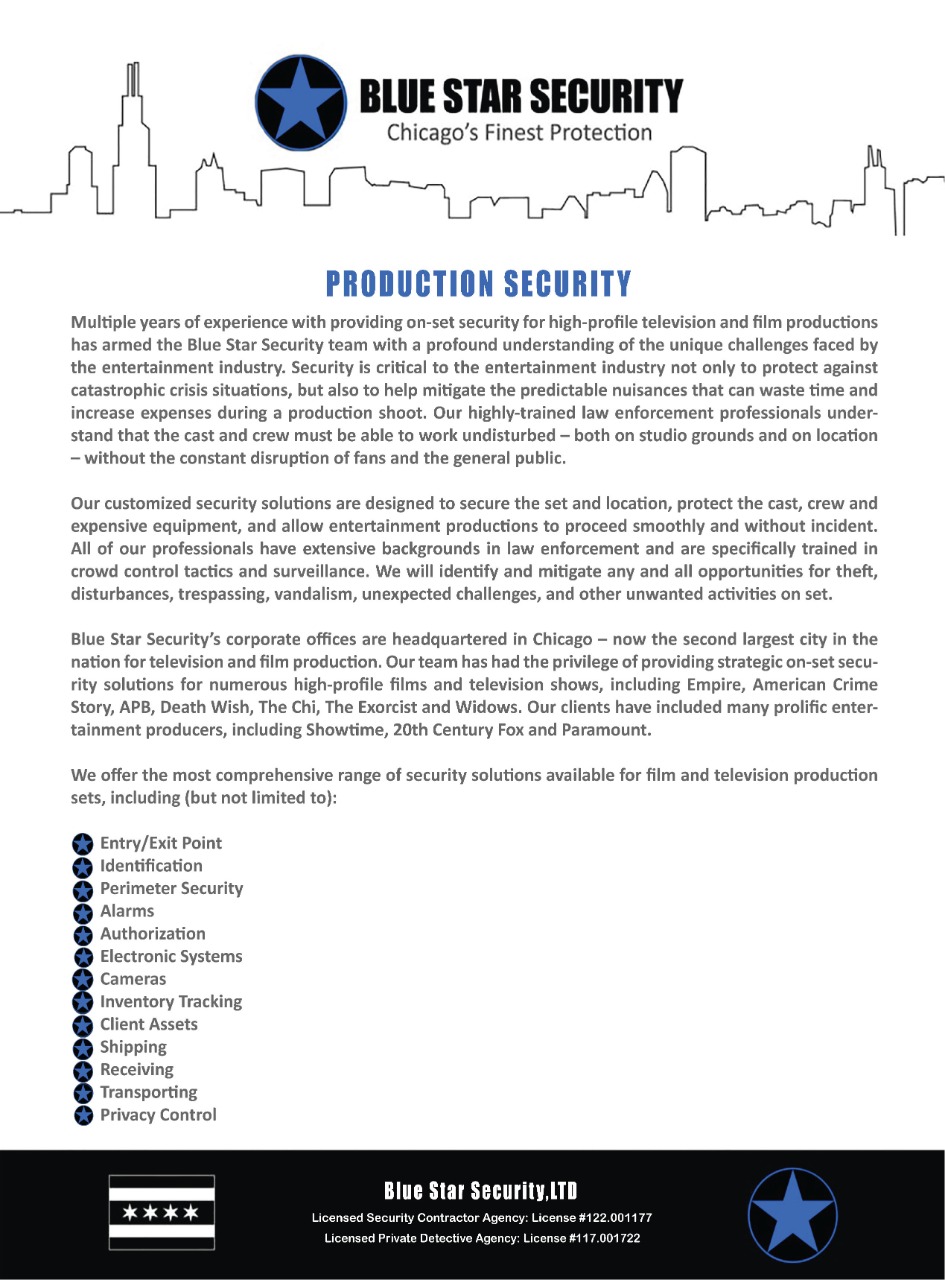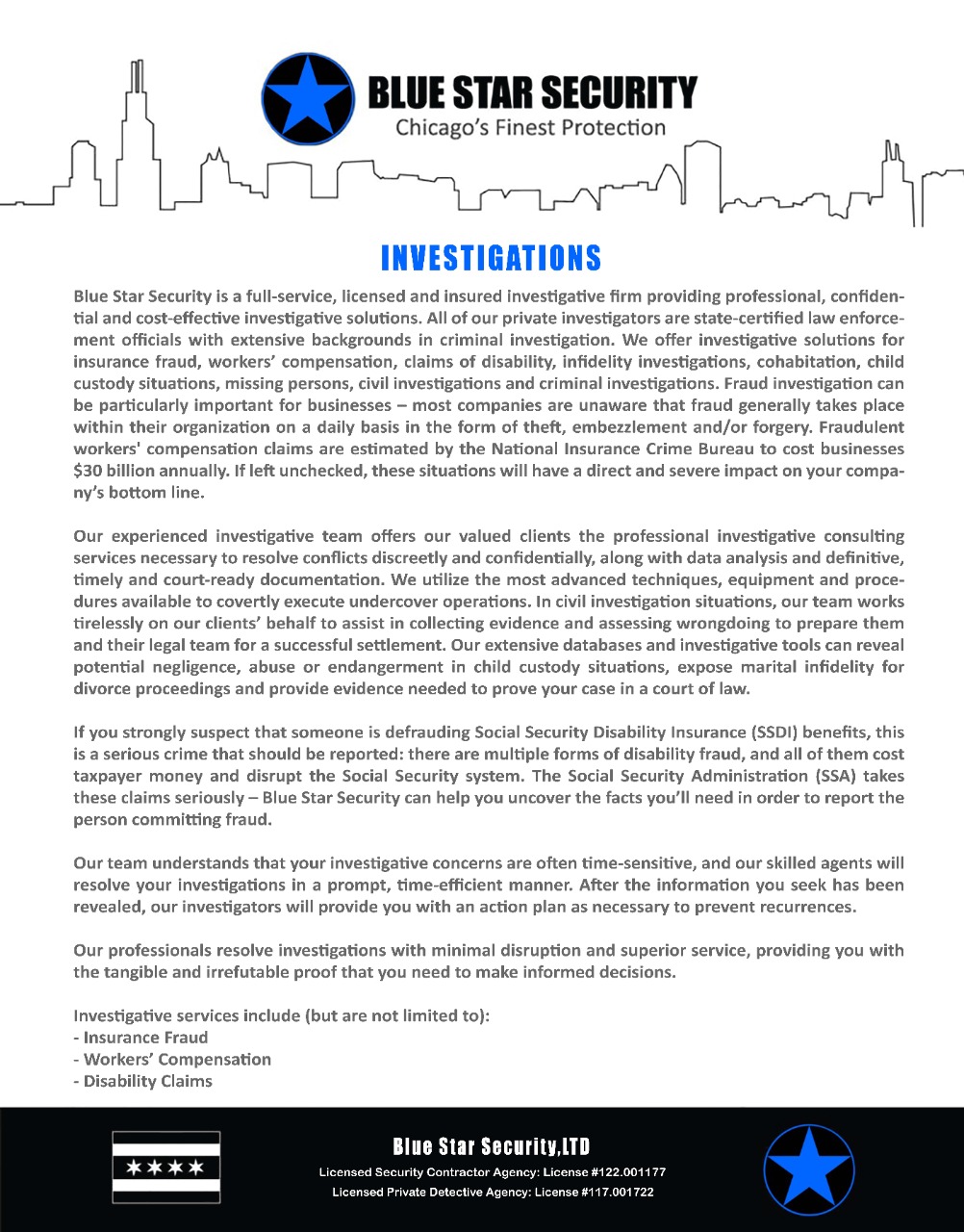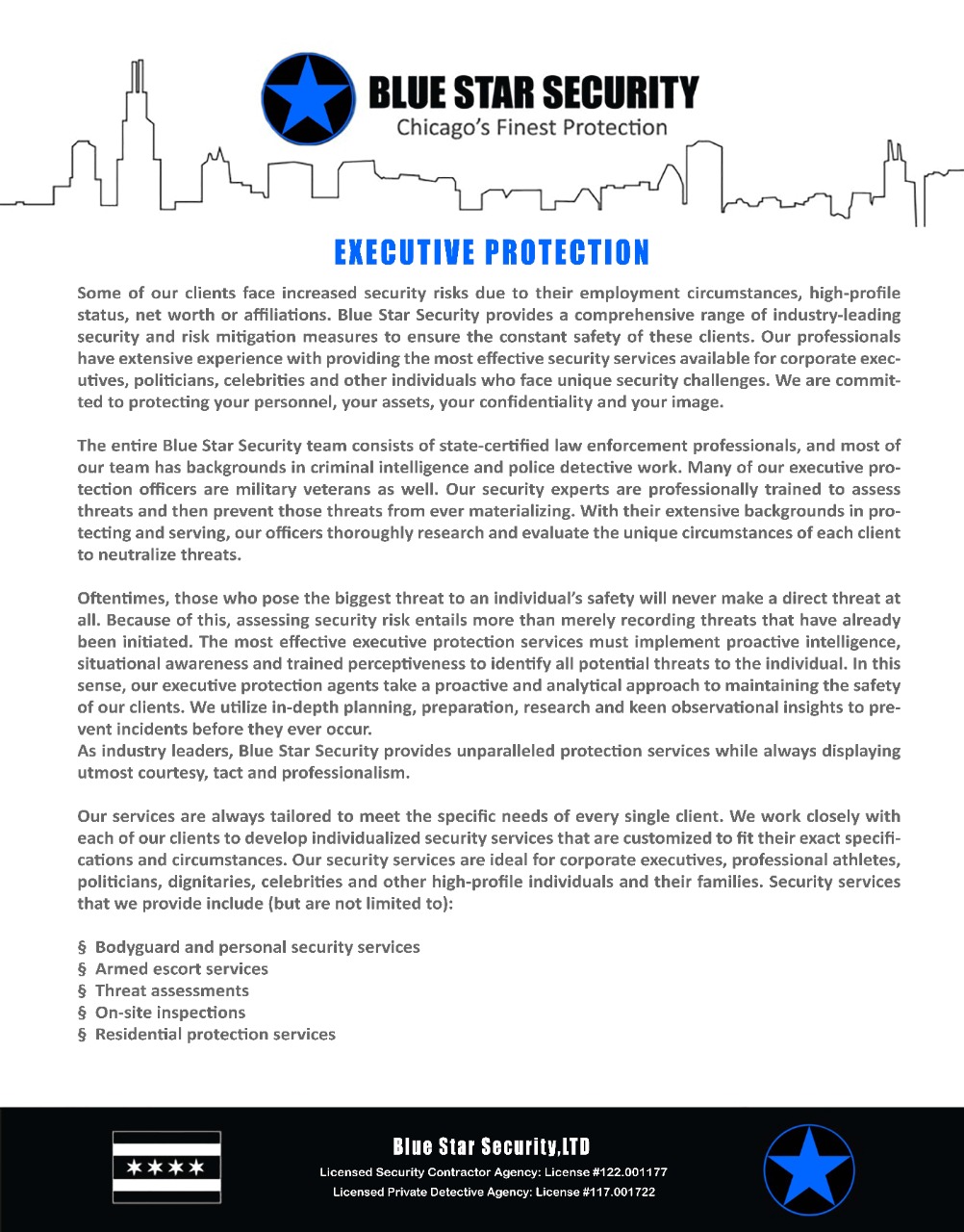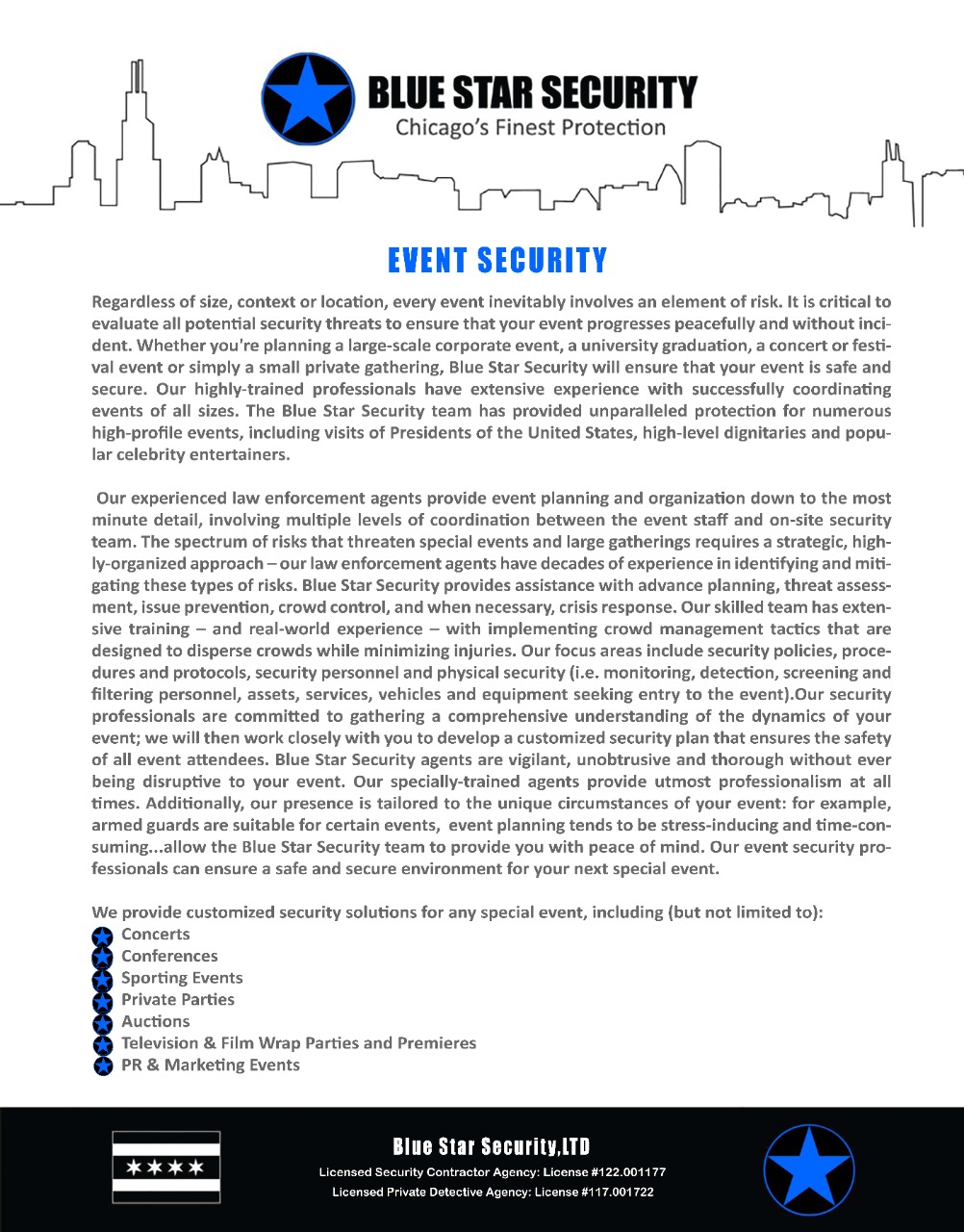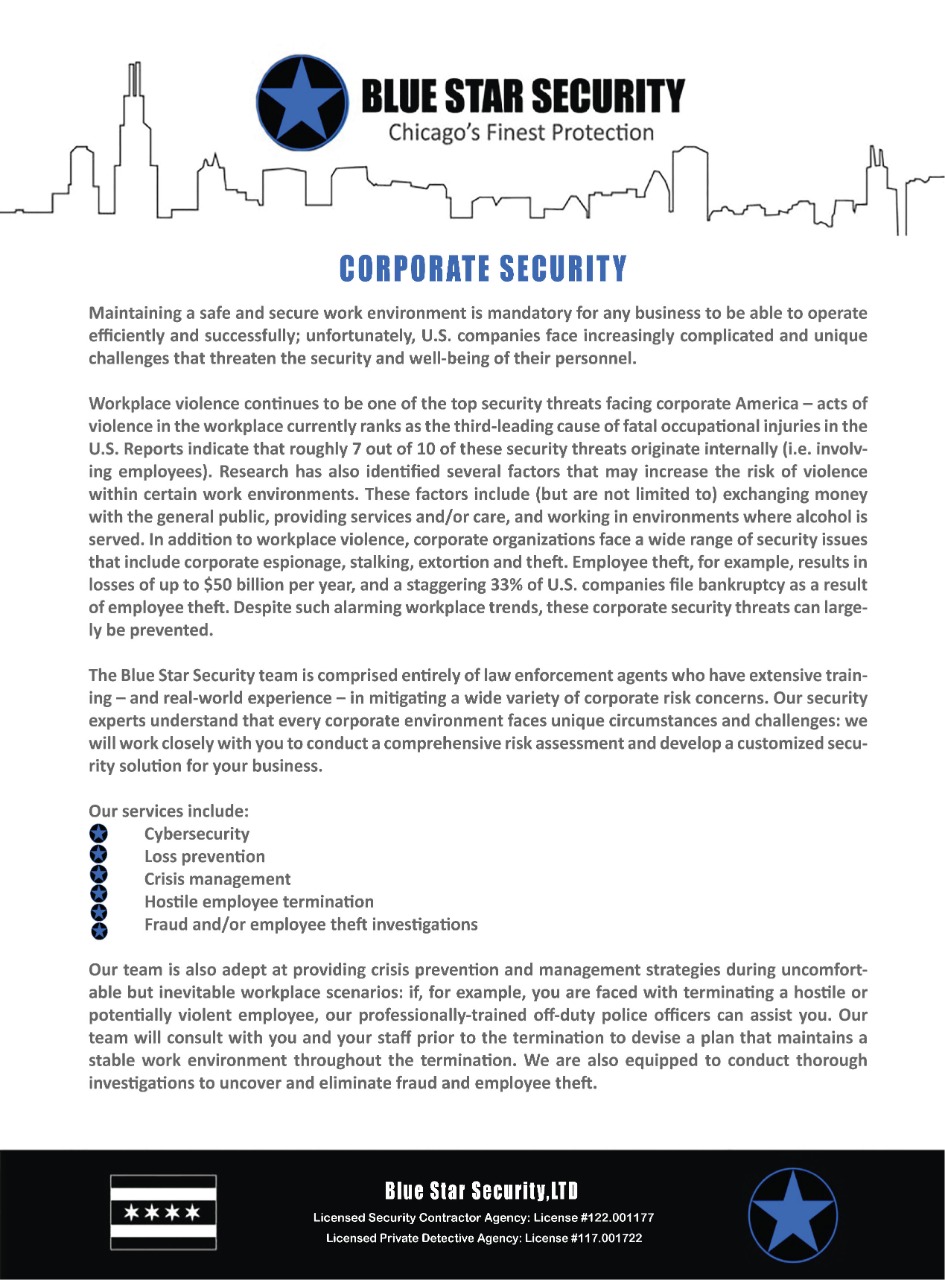A secure supply chain is the backbone of a resilient business.
In the dynamic landscape of global commerce, supply chains are the lifelines that connect businesses to their markets. The efficiency and security of these supply chains are crucial for the success of any enterprise. However, the increasing complexity of supply networks, coupled with external threats, poses significant challenges to maintaining a secure and resilient supply chain.
Recent data reveals a troubling reality: In 2023, cargo theft incidents witnessed a staggering surge, soaring by over 57% compared to the preceding year. This sharp escalation sends a clear signal, raising concerns among businesses and logistics professionals, emphasizing an urgent demand for elevated security measures.
As businesses navigate the intricacies of modern commerce, the significance of a robust supply chain security strategy cannot be overstated. The risks are diverse, evolving, and ever-present, demanding a proactive and comprehensive approach. By understanding and addressing these risks, businesses can fortify their supply chains, enhance security, and safeguard their operations against potential threats.
Understanding the Complex Landscape
The modern supply chain is a multifaceted labyrinth, involving numerous stakeholders, intricate routes, and various modes of transportation. This complexity introduces a host of potential risks, ranging from natural disasters and geopolitical instabilities to criminal activities such as theft and fraud. To navigate this intricate landscape successfully, businesses must conduct thorough risk assessments to identify vulnerabilities and fortify their supply chain networks.
The Implications of Cargo Theft
Cargo theft poses significant implications that extend beyond immediate financial losses, resonating throughout the supply chain and affecting various aspects of business operations. The financial impact cannot be understated. The stolen cargo itself represents a direct loss, and the associated costs of replacing the goods, potential insurance claims, and increased premiums contribute to the overall economic toll. Beyond the monetary aspect, businesses also face disruption in their operations. Cargo theft disrupts the carefully orchestrated supply chain, leading to delays in production, shipment, and delivery. This, in turn, can harm customer relationships, damage reputations, and result in the loss of valuable clients who depend on timely and secure deliveries.
The implications of cargo theft also extend to the broader economy. Increased incidents of theft can lead to rising costs for the entire industry, affecting pricing structures and potentially leading to inflation. Moreover, as security measures are heightened to combat theft, businesses may need to allocate additional resources to fortify their supply chains, indirectly increasing the cost of goods. This ripple effect can impact consumers, as they may bear the brunt of these additional costs when purchasing products, illustrating the interconnected nature of cargo theft implications on a macroeconomic scale. Addressing cargo theft is not just a matter of individual businesses securing their goods; it is a collective responsibility that requires industry-wide collaboration and innovative security solutions to mitigate the far-reaching consequences.
Evaluating Vulnerabilities in the Supply Chain Network
To address the growing threat of cargo theft, private security companies must conduct a comprehensive risk assessment of their clients’ supply chain networks. This involves identifying potential vulnerabilities at various stages of the supply chain, from raw material sourcing to the final distribution of goods. Factors such as geographical locations, transportation routes, and storage facilities must be scrutinized to create a robust risk profile.
Analyzing Historical Incidents and Patterns
Learning from the past is crucial for predicting and preventing future threats. By collaborating with law enforcement agencies and analyzing historical incidents, businesses can identify patterns, modus operandi, and areas prone to vulnerabilities. This historical analysis serves as a valuable tool in anticipating and preparing for potential threats, allowing for the implementation of targeted and proactive security measures.
Securing Transportation Routes
One of the most vulnerable aspects of the supply chain is the transportation route. Whether goods are transported by land, sea, or air, security measures must be in place to minimize the risk of theft or sabotage. Private security companies recommend route diversification, secure parking areas, and the implementation of tracking technologies to monitor the movement of goods in real-time. By securing transportation routes, businesses can significantly reduce the likelihood of disruptions.
Strengthening Facility Security
Supply chain facilities, including warehouses and distribution centers, are critical nodes in the network and require meticulous security measures. Physical security enhancements, such as access control, perimeter fencing, and surveillance systems, are essential. Employee training on security protocols is equally crucial to create a culture of vigilance and ensure internal defenses are fortified against potential threats.
Collaborating with Partners and Stakeholders
Recognizing that supply chain security is a collective effort, businesses should advocate for collaboration with partners and stakeholders. Establishing robust relationships with transportation companies, suppliers, and distributors is crucial for creating a unified security framework. Information sharing, coordinated responses to potential threats, and joint efforts strengthen the overall resilience of the supply chain network.
As businesses navigate the complexities of modern commerce, the significance of a robust supply chain security strategy cannot be overstated. The surge in cargo theft incidents in 2023 serves as a wake-up call for industries to invest in robust security measures. Our team of experienced law enforcement officers specializes in ensuring the secure transit of sensitive shipments, overseeing the entire journey from departure to a safe arrival. Employing advanced supply chain security equipment and procedures, we incorporate tracking mechanisms for all escorted vehicles, maintaining constant communication between our cargo escort teams and clients.
Your Trusted Partner for Supply Chain Security
Comprised entirely of active and retired law enforcement agents, the Blue Star Security team understands when and where supply chains are at greatest risk. To counter these risks, we deploy mobile teams in escort vehicles, ensuring uninterrupted travel with vigilant protective surveillance. Our state-of-the-art technology systems play a pivotal role in delivering comprehensive supply chain security solutions.
Utilizing sophisticated web technology, we provide essential training to confirm that our agents are on duty and punctual. Our system meticulously logs requisite data for each truck and trailer upon arrival and departure from our clients’ distribution centers and truck yards.
In a world where the security of your supply chain is non-negotiable, Blue Star Security stands ready as your trusted partner.
Contact the Blue Star Security team to discuss a customized plan for your supply chain. Call us at 708-669-7470 or contact us online at https://bluestarsecurityllc.com/contact-us/
To learn more about our Supply Chain Security services, visit https://bluestarsecurityllc.com/services/supply-chain-security/

